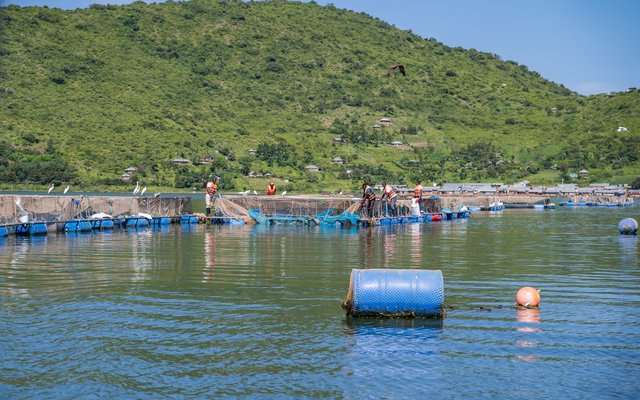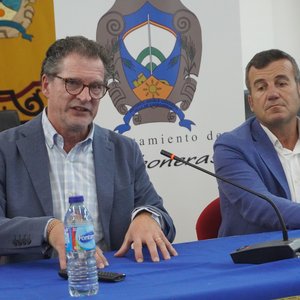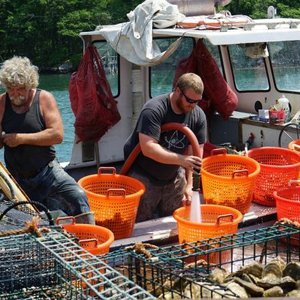Pharmaq part of Zoetis and the Norwegian University of Life Sciences (NMBU) signed a strategic partnership to advance disease surveillance in tilapia farms across Sub-Saharan Africa. This collaboration is part of the A.L.P.H.A. (African Livestock Productivity and Health Advancement) Plus initiative, funded by Zoetis and the Bill & Melinda Gates Foundation.
The aquaculture objectives of the A.L.P.H.A. Plus initiative are focused on understanding the fish health needs of tilapia farmers in Sub-Saharan Africa. This will help identify appropriate solutions for preventative fish health management to support the sustainable growth of African aquaculture and improve food security in the region.
Ben North, who leads the aquaculture components of the A.L.P.H.A. Plus initiative for PHARMAQ (the aquaculture health business of Zoetis), said, "We are excited to collaborate with NMBU on this important project that enables us to start understanding the fish health needs of tilapia producers on the African continent. By combining PHARMAQ’s capabilities with NMBU's experience built through working in Africa, together with their network of institutional partners, we can make our fish health solutions available to tilapia farmers in Sub-Saharan Africa. This partnership recognizes the huge potential of aquaculture to improve livelihoods in Africa and aligns with Zoetis’ purpose of nurturing our world and humankind by advancing care for animals.”
In a joint statement, Professors Øystein Evensen and Stephen Mutoloki, the lead scientists from NMBU, said, “We both look forward to working on this collaboration, which aligns well with research and training programs that we are already involved in on the African continent.”
The A.L.P.H.A. Plus initiative is a five-year program launched by Zoetis and supported by a USD 15.3 million grant from the Bill & Melinda Gates Foundation. This initiative aims to improve livestock health and food security in Sub-Saharan Africa by focusing on the production of dairy and beef cattle, poultry, and aquaculture. Building an understanding of the fish health needs of tilapia producers in Sub-Saharan Africa will contribute to the resilience and sustainable growth of aquaculture in the region.













